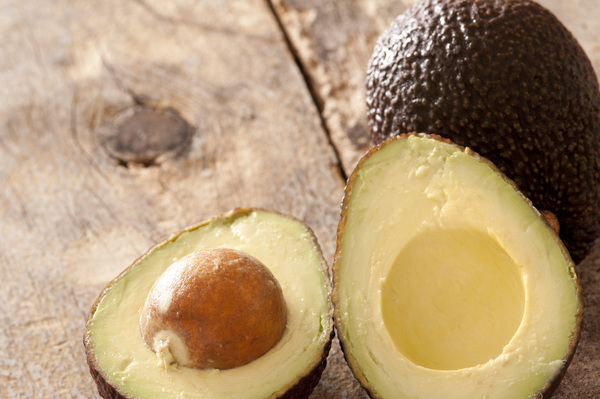Reed avocados are a popular avocado variety known for their large size, smooth texture, and creamy flavor. If you’re interested in purchasing Reed avocados, here’s a comprehensive buyer’s guide to help you select the best ones:
- Color: Reed avocados have a dark green skin that may vary in color from medium to dark. Look for avocados with a consistent color and avoid those with uneven coloring, extreme dark spots, or excessive blemishes.
- Texture: Gently squeeze the avocado to assess its texture. A ripe Reed avocado should yield slightly to gentle pressure without feeling too soft or mushy. The ideal avocado has a firm yet slightly yielding texture.
- Stem: Check the small stem or “button” at the top of the avocado. If it can be easily removed and the flesh underneath is green, the avocado is likely ripe. If it’s brown or difficult to remove, the avocado might be overripe.
- Skin: Inspect the skin for any blemishes, bruises, or indentations. While minor imperfections are common and generally don’t affect quality, avoid avocados with significant damage or dark, sunken spots.
- Size: Reed avocados are notably larger than other avocado varieties. Choose avocados that feel heavy for their size. Heavier avocados tend to have more flesh and are likely to be creamy.
- Shape: Reed avocados have a rounder shape compared to other varieties. Select avocados that are symmetrical and free from irregularities or misshapen areas.
- Ripeness: Consider your intended use for the avocado. If you plan to use it immediately, choose avocados that are ripe or slightly underripe. If you’re purchasing in advance, opt for firm avocados that will continue to ripen at home.
- Aroma: While Reed avocados don’t typically have a strong aroma, you might detect a subtle, earthy scent around the stem area of ripe avocados.
- Source: Purchase Reed avocados from reputable sources such as grocery stores, farmers’ markets, or local producers. Fresher avocados are more likely to offer better flavor and quality.
- Organic vs. Conventional: Decide whether you prefer organic or conventional avocados. Organic options are grown without synthetic pesticides and chemicals, which can be important to some buyers. Both types can be of good quality when sourced from trusted suppliers.
- Storage: If your Reed avocados are ripe and you’re not ready to consume them, store them in the refrigerator to slow down the ripening process. If they’re still firm, leave them at room temperature to allow them to ripen.
In conclusion, selecting high-quality Reed avocados involves considering their color, texture, stem, skin, size, shape, and overall condition. By following this buyer’s guide, you’ll be better equipped to choose the best Reed avocados for your culinary endeavors.
